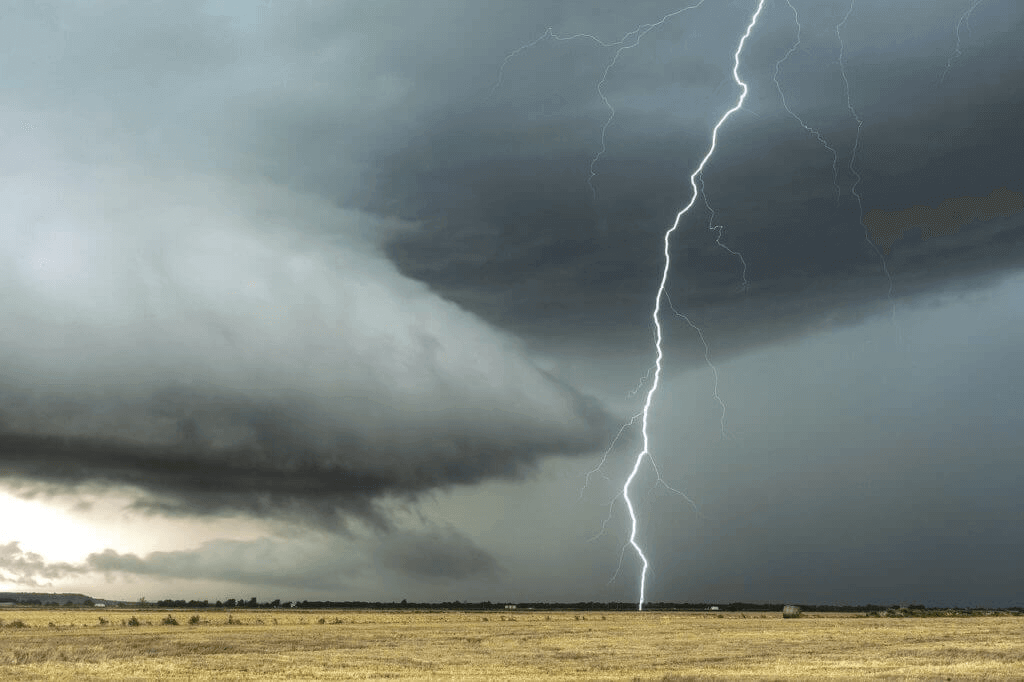Whether it's a blizzard in the Dakotas, a hurricane on the Gulf Coast, a Nor'easter slamming New England, or a flash flood sweeping through Arizona, one truth remains:
They don't care about your zip code, your weekend plans, or how "mild" the season is supposed to be. They will strike somewhere—often without warning—and they will catch someone unprepared.
Don't let that someone be you.
Different Threats, Same Core Problems
The form may differ:
- Tornadoes rip through the Midwest.
- Hurricanes hammer the coasts.
- Blizzards bury the northern states.
- Flash floods sweep away homes in dry valleys.
- Wildfires consume entire neighborhoods out West.
- And yes—earthquakes shake the very ground from California to the Mississippi Valley without a whisper of warning.
But the outcomes are often the same:
- Roads blocked
- Power down
- Stores empty
- First responders overwhelmed
- Families isolated and vulnerable
Some of these events require you to shelter in place. Others demand evacuation on short notice. And with earthquakes, there's no countdown—only impact, followed by chaos.
Regardless of the cause, your core needs don't change—just the steps you take to meet them.
What You'll Need—Every Time
At The Ready Nation, we teach that no matter the threat, your Foundational 8 stay the same:
The Foundational 8
- Food – At least 2 weeks of shelf-stable options.
- Water – Stored and purified. Don't rely on taps.
- Shelter – Whether you're staying home or leaving, have a plan.
- Medical Aid – First aid kits, basic meds, and common sense.
- Communication – Phones fail. Radios and contact plans don't.
- Security – Keep yourself and your supplies protected.
- Proper Gear – Flashlights, clothing layers, tarps, tools.
- A Ready Mindset – Calm, focused, flexible. That's your #1 tool.
Before, During, and After: Smart Steps Save Lives
The best time to prepare is before the sky darkens—or the ground moves.
The worst time is when the sirens wail or the walls start shaking.
Before the Event:
- Keep your emergency kit current.
- Charge power banks, test radios, and review your evacuation route.
- Anchor heavy furniture and water heaters for earthquake zones.
- Know your region's likely threats and plan accordingly.
- Most importantly: pay attention to early alerts—don't wait for proof.
During the Event:
- Stay indoors if safe, but stay alert.
- Avoid risky last-minute runs or panic driving.
- If evacuating, leave early—not during the worst of it.
- For earthquakes: Drop, Cover, and Hold On.
After the Event:
- Check yourself and others for injury.
- Avoid floodwaters, downed wires, and unstable structures.
- Contact your family or MAG as planned.
- Expect little help early on. Be your own lifeline.
Final Forecast: Expect It
Severe weather and sudden disasters are not rare anymore.
They're part of modern life. Pretending otherwise is dangerous.
We're not here to scare you. We're here to equip you—with tools, training, and the right mindset.
Because when the wind howls, the water rises, or the ground gives way…
you won't have time to wish you were ready. You'll either be ready, or you won't.
Don't gamble your safety on seasonal luck.
Build the plan. Train the mindset. Stay ahead of the storm or the shake.
The Ready Nation stands with you—before the sirens, before the aftershocks, and long after the rest of the world forgets.

